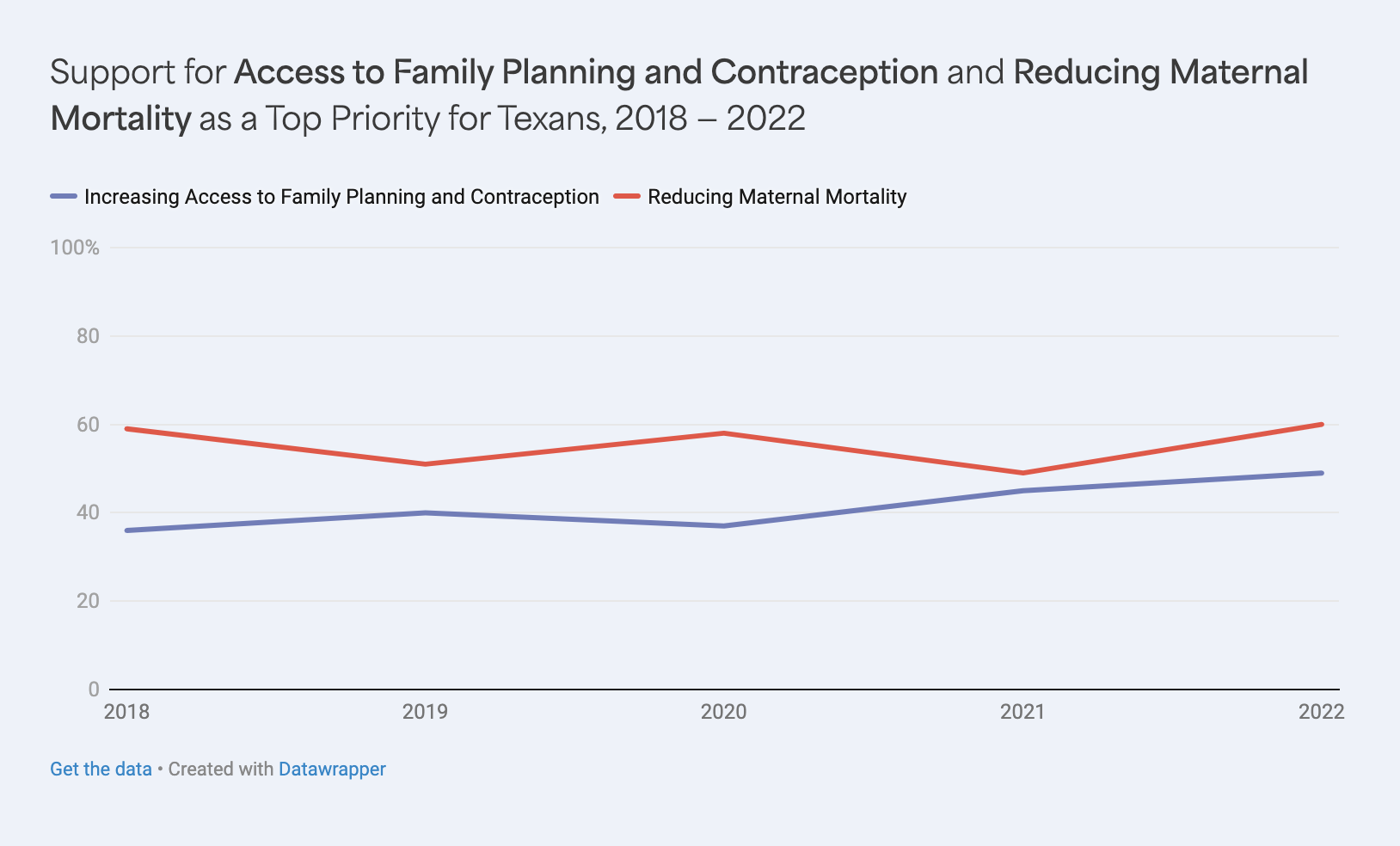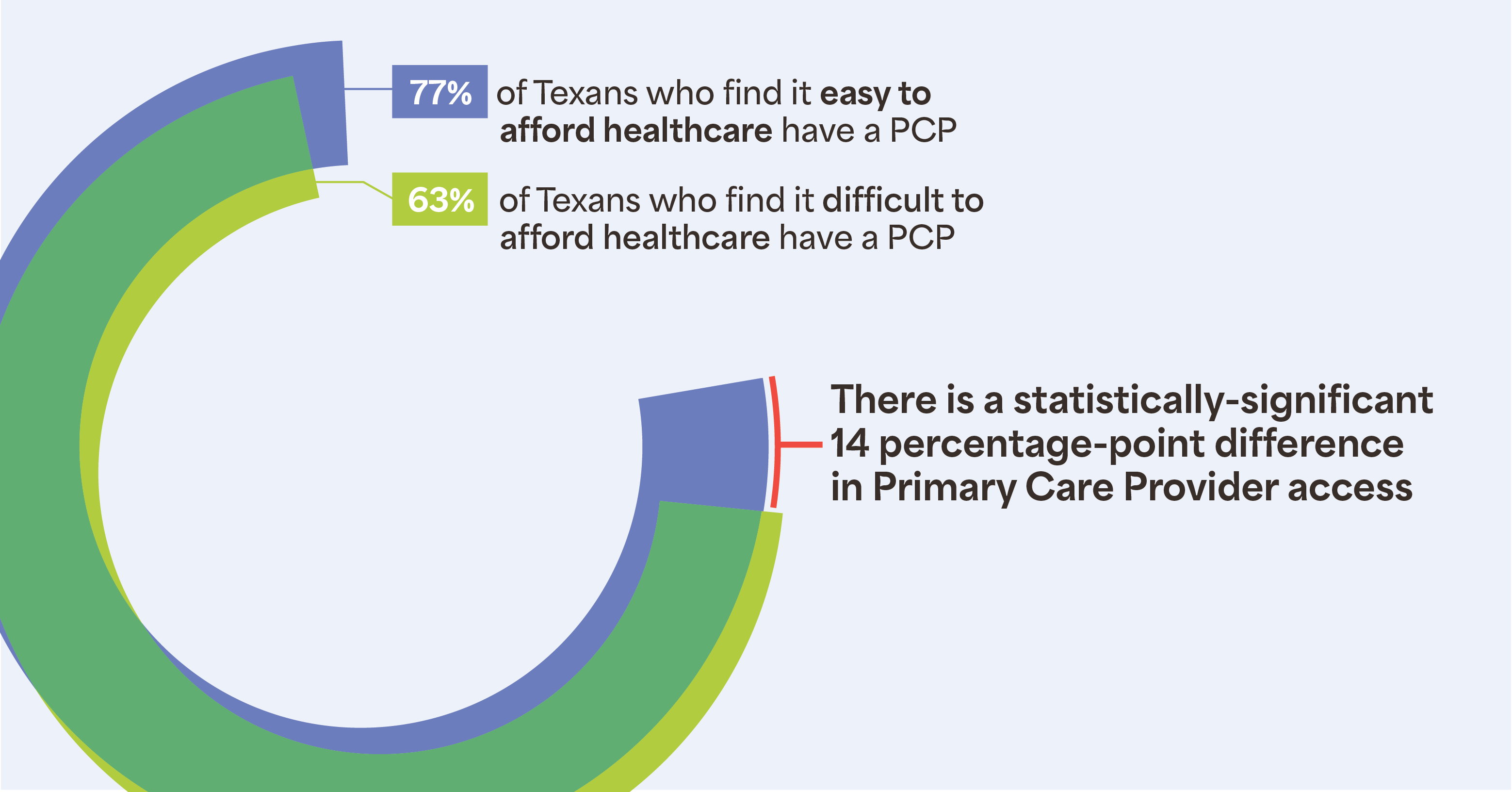
EHF’s Journey to Learn About and Pilot Positive Deviance Studies
A promising approach to uncover uncommon behaviors and practices in addressing food insecurity

A promising approach to uncover uncommon behaviors and practices in addressing food insecurity

Professors in the School of Social Work at Stephen F. Austin University used the Positive Deviance approach to learn what practices set social service providers whose clients achieved unexpected success apart from the typical provider.

The Accountable Health Communities (AHC) Model was a 5-year Center for Medicare and Medicaid Services (CMS) Innovation Center project (running May 2017 to April 2022) that tested whether systematically identifying and addressing the health-related social needs of Medicare and Medicaid beneficiaries’ has an impact on healthcare utilization.

The Sustainable Food Center took a team approach to applying it to their work—pulling in staff from community engagement, policy, food access, and evaluation. Their resulting report provides a comprehensive look at the practical and emotional choices and navigation points that people experience in meeting basic food needs.

Aetna and EHF joined forces to explore food security using the Positive Deviance Approach, which uses solution discovery to address complex social challenges. Instead of asking, “Where is food insecurity the worst and how do we fix it?”, solution discovery asks, “Are there people who consistently have healthy food even though they’re living in the same circumstances where others do not?”

The foundation of the Positive Deviance approach is the belief that in every community, organization, or social system, there exist individuals or groups whose uncommon behaviors and practices have enabled them to succeed (relative to their peers) while facing the highest odds and with no extra resources. These individuals deviate from the norm (hence “deviance”) and have succeeded in overcoming the problem (hence “positive”). Because these individuals found success in spite of great odds represents social proof that local and sustainable solutions exist, and we may be able to learn from them.

In partnership with Harvard School of Public Health, EHF conducted a longitudinal analysis of the opinions and views of Texans. Longitudinal analyses are important when looking beyond a single moment of time and enable us to recognize opinion shifts or salient concerns over time.

High-quality primary care is essential to building and sustaining a healthy population. As a foundational component for healthy communities, primary care deserves continued attention, support, and development to ensure access to all.
In Texas, however, we face an unfortunate truth: Many Texas adults don’t have a Primary Care Provider.
500 Fannin St. Suite 300
Houston, Texas 77002
713.225.0900
info@episcopalhealth.org
© 2023 Episcopal Health Foundation – All Rights Reserved. – Privacy Policy – Terms of Service